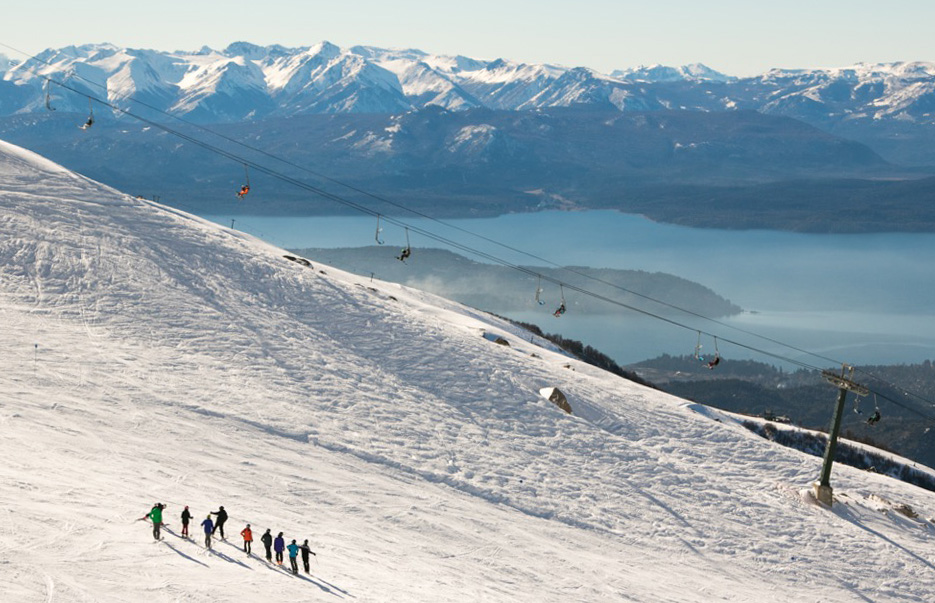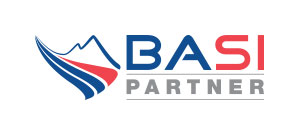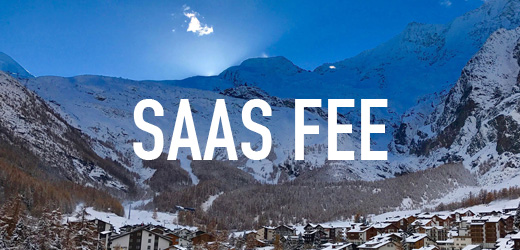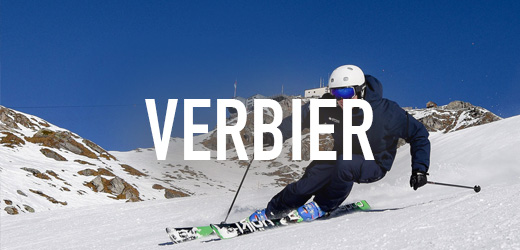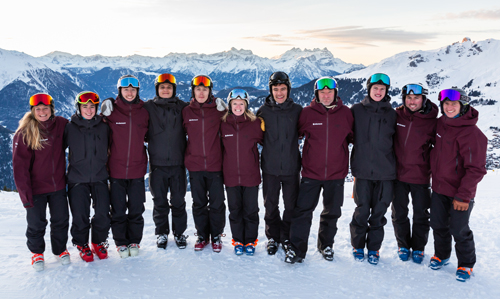WHERE CAN I WORK WITH MY BASI QUALIFICATION?
It’s a big question. And a good one. After all becoming a ski instructor is sometimes a leap into the unknown, so here is some information that should help you get a clear picture of how the exams work, what happens after completing your Ski Instructor Training course and where you can use your qualification to work as a ski instructor.
Peak Leaders work with BASI (British Association of Snowsports Instructors) as the examining body on their Saas Fee, Verbier and Bariloche courses. These exams are professional qualifications and also aligned with the University of Edinburgh, so they give you SCQF credits toeards a degree and look great on your CV!
BASI qualifications are recognised worldwide and really well respected with other instructor training bodies and by employers.
The exams provide a gateway to teach skiing in a huge number of countries, including some countries like France where other national qualification aren’t recognised.
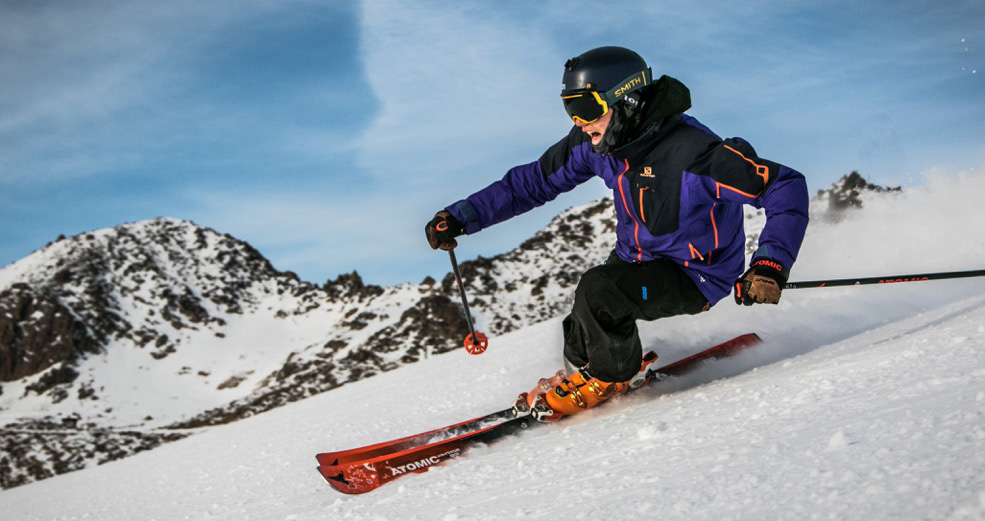
START AT THE BEGINNING – YOUR FIRST QUALIFICATION.
It makes sense to begin with the Level 1 qualification and work up from there.
The BASI Level 1 qualification is designed to qualify you to teach on dry slopes or indoor snow domes. There are plenty of dry slopes and domes in the UK, but there are also a huge number all over the world as well, giving you access to some surprising skiing destinations like Dubai…
Once you have your BASI Level 2 your job opportunities increase significantly. At this stage you can teach in the mountain environment in both the Southern and Northern Hemisphere, so you can begin teaching all year round!
With your BASI Level 2 you can work in countries such as Switzerland, USA, Canada, Japan, China, Italy, Germany, Austria, Andorra, Spain, Sweden, Norway, Bulgaria, New Zealand, Australia, Chile, and Argentina. It’s a pretty awesome list of places to work (and I’m sure there are other countries I’ve forgotten!).
Obviously in some of these cases you will need to have the language skills relevant to the country to get a job, although in many of these countries have English speaking ski schools who can employ you without being fluent in the local language.
For example, in Japan they have a large number of English-speaking schools to cater for Australians on holiday there – it’s a great place to get a job as a Level 2 or 3.
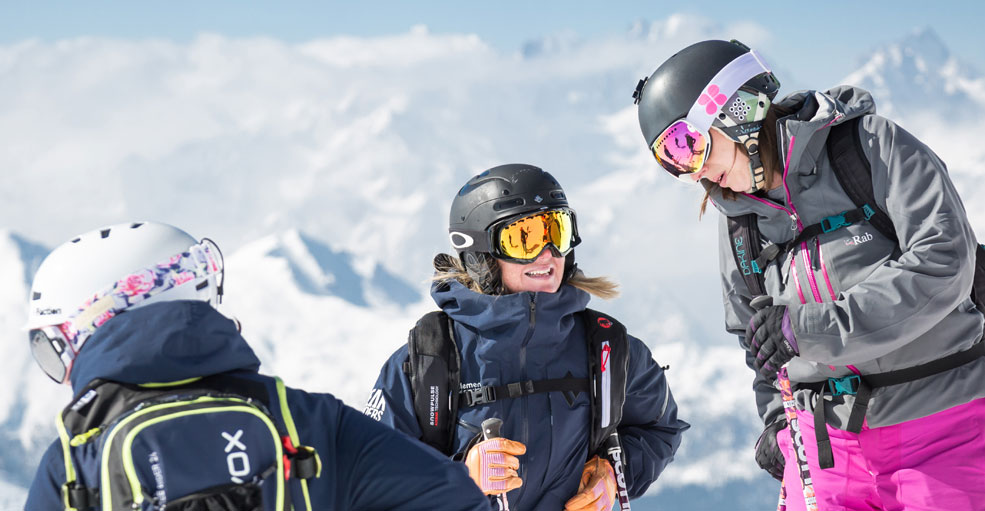
WORK PERMITS AND PAPERWORK
Next is the question of Visa’s and work permits, this all depends on your own passport, but we assume a large percentage of people reading this will hold EU passports – it’s a complex subject and it can vary hugely depending upon where your passport is from.
If you have a European passport it’s really fairly straightforward – from the list above the only country that’s really tricky to get a visa to work in is the USA.
In the US there are very few sponsored visas available nowadays, however if you have your ISIA (BASI Level 3) it is still possible. Canada can also be a little bit tricky as you have to apply for a permit and then get randomly selected from a pool to get a working holiday visa, but generally most people don’t have any problems.
Switzerland is very easy by comparison as, even though it’s not in the EU, they will offer a work permit to EU citizens who have a work contract, although it gets more difficult if you are from outside the EU.
THE NEXT STEP UP – THE LEVEL 3
If you continue to train and achieve the BASI Level 3 (ISIA) qualification, then the places you can work are largely the same as with Level 2 but you will find it considerably easier to get a job and should get paid a better hourly rate.
If you’re looking at making a career out of ski teaching then the ISIA is definitely an important goal. You can find out more about how Level 3 training works here.
GOING GLOBAL
You’ll have noticed some of the countries we’ve mentioned are in the Southern Hemisphere, which creates the opportunity to continue teaching (and skiing) all year round as well as getting travel to some amazing parts of the world!
The other important thing to note is that in all these countries the BASI Level 2 is very well respected and considered on a par with (and in some cases higher than) the equivalent level from other country’s organisations.
On top of this, the Level 3 ISIA is the highest level of qualification in many places, so if you go there with that your ISIA you will be in a really strong position.
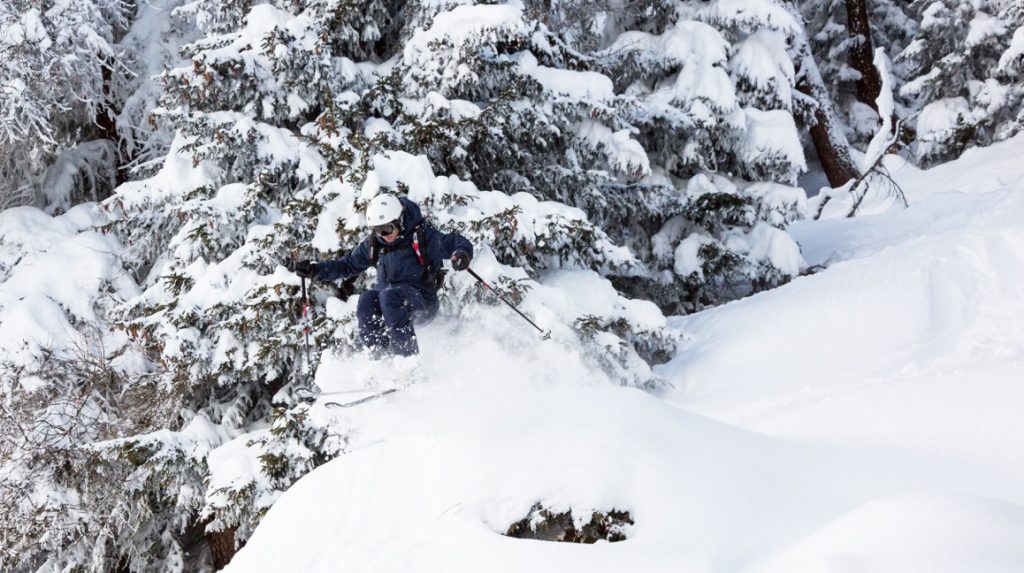
THE FINAL HURDLE – THE LEVEL 4
Finally, there is the BASI Level 4 ISTD qualification. It carries a lot of weight in all of the places we’ve already mentioned and in most you would be considered to be of ‘Trainer’ level – so the same as someone who runs exams.
Additionally, with the BASI Level 4 you’re able to apply for a ‘Carte Pro’ and work in France, which could improve your earning potential. However, in recent years staying and working in countries like Switzerland or Austria can be just as rewarding if you are fully qualified too, so there are plenty of Level 4s working all over the world.
HAVE BADGE, WILL TRAVEL…
Getting your ski instructor qualifications through BASI gives you some amazing opportunities to work all over the world, where you will be well respected for your qualifications. Your BASI badge really is a great way to open doors and work on mountains all over the world.
But everyone starts at the beginning – so if you’re interested in becoming a ski instructor and training through the BASI system just get in touch, we’d love to have a chat and talk to you about your options.
